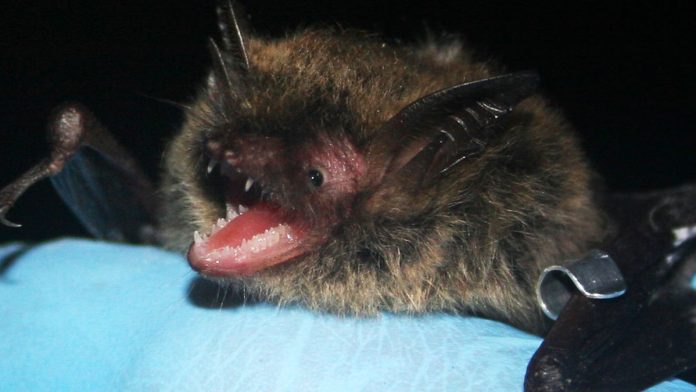
ONEIDA COUNTY, Idaho (KIFI) —Southeastern Idaho Public Health (SIPH) has confirmed that a bat found in Oneida County has tested positive for rabies, marking the first rabid bat detected in southeastern Idaho this year and the sixth for the state.
The confirmation comes just weeks after hundreds of visitors to Grand Teton National Park’s Jackson Lake Lodge in Wyoming were potentially exposed to rabies from a bat colony in the building’s attic between May 15 and July 27.
While not all bats carry the rabies virus, rabies is a nearly 100% fatal viral disease in humans and other animals. “It is extremely important for people to avoid all bats and other wild animals, particularly if they appear sick or are acting aggressively or abnormally,” said Jeff Doerr, an epidemiologist with SIPH.
Doerr also urged pet owners to contact their veterinarian immediately if they suspect their animal may have been exposed to a bat, regardless of their pet’s vaccination status.
Bats are the only known natural carrier of the rabies virus in Idaho, and an average of 15 rabid bats are detected in the state each year. No area of Idaho is considered rabies-free.
According to a public health release, people most commonly encounter bats when a pet brings one into the home or a bat enters through an open door, window, or small opening. In cases where a person wakes up to a bat in their room and is unsure whether they were bitten or scratched, they should contact their local public health office immediately.
Any bat that has potentially come into contact with a person, pet, or livestock should be tested for rabies.
Safety Recommendations from Public Health Officials:
- Never touch bats with your bare hands
- Be suspicious of bats active during daylight hours
- If you wake up with a bat in your room, seek medical advice immediately
- If you have an encounter with a bat, seek medical attention immediately. If possible, safely contain the bat for testing and contact your local public health office.
- Keep pets up-to-date on their rabies vaccinations. If a pet brings home a dead bat, collect it using a plastic bag (without touching it) and contact both your veterinarian and local public health office.
- Bat-proof your home by sealing any openings the size of a quarter or larger, including chimneys, roof peaks, and loose screens. The best time for this is typically in the fall after bats have migrated.



